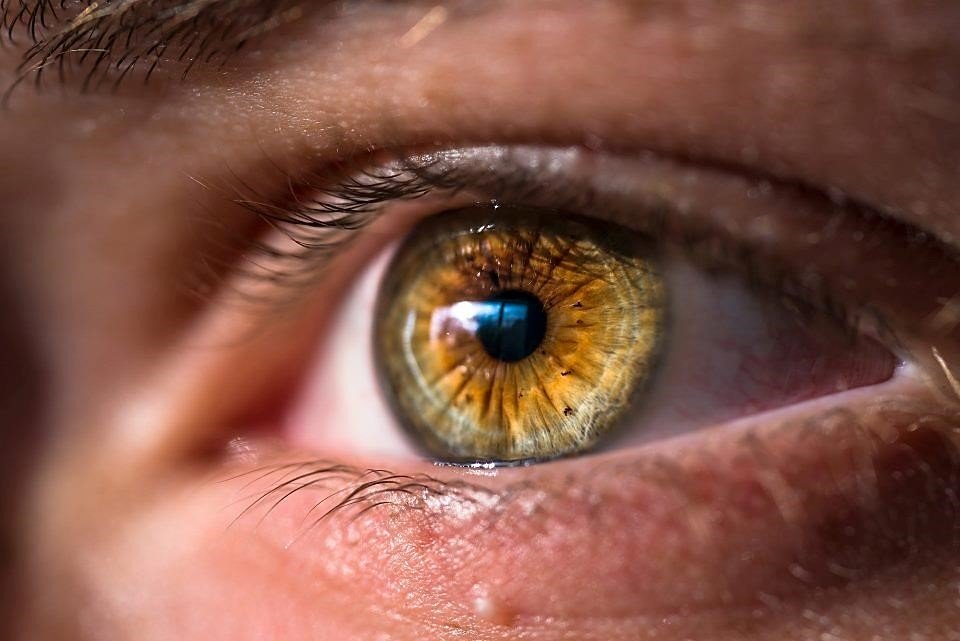Eyes contain a whole universe their own. Some of the names of parts of the eye include trenches, radial contraction folds of Schwalbe, cones, rods and more Latin than one can oculus.
Whereas we often refer to how vital drinking enough water is to our body’s health and well-being, and in particular, how much water is needed for optimal organ function, there is a tendency to focus on the more obvious, such as heart or kidney health.
The truth is our eyes, just as with any other body part, require us to drink enough water in order to stave off reduced function, infection and poor eye health.
Dry eye occurs when there are insufficient tears to nourish the eye, and tears are necessary for providing clear vision. Tears wash away foreign matter in the eye and help reduce the risk of eye infections. Symptoms of dry eyes include irritation, excess watering, blurred vision and feeling foreign matter in the eye. As a symptom of dehydration, the best treatment for dry eye is rehydrating by drinking plenty of water.*
It’s also wise to be mindful of how much you blink: in an age where the average adult’s screen time is 8 hours and 41 minutes per day, and screen use has been found to reduce the amount we blink, it makes sense to close our eyes a little bit more. Each time we blink, we moisten our eyes with tears, banishing some of the classic, uncomfortable dry eye symptoms.**
What has become a common problem is referred to as ‘computer vision syndrome’ – an umbrella term for conditions that result from looking at a computer or smartphone screen. According to Dr. Matthew Gardiner, an ophthalmologist with Harvard-affiliated Massachusetts Eye and Ear Infirmary, “It’s most prevalent with computers, and typically occurs when looking at a screen at arm’s length or closer.”
All said it’s rather encouraging there is potentially such a simple solution to healthier, hydrated eyes – drink water and blink more. Should you wish to find out more about installing an AquAid water cooler, providing a constant supply of refreshing drinking water, leaving not a dry eye in the house (or premises or your organisation), contact us.
sources: *from a blog by Kate Green, Optimax Eye Surgery **from an article at essilor

